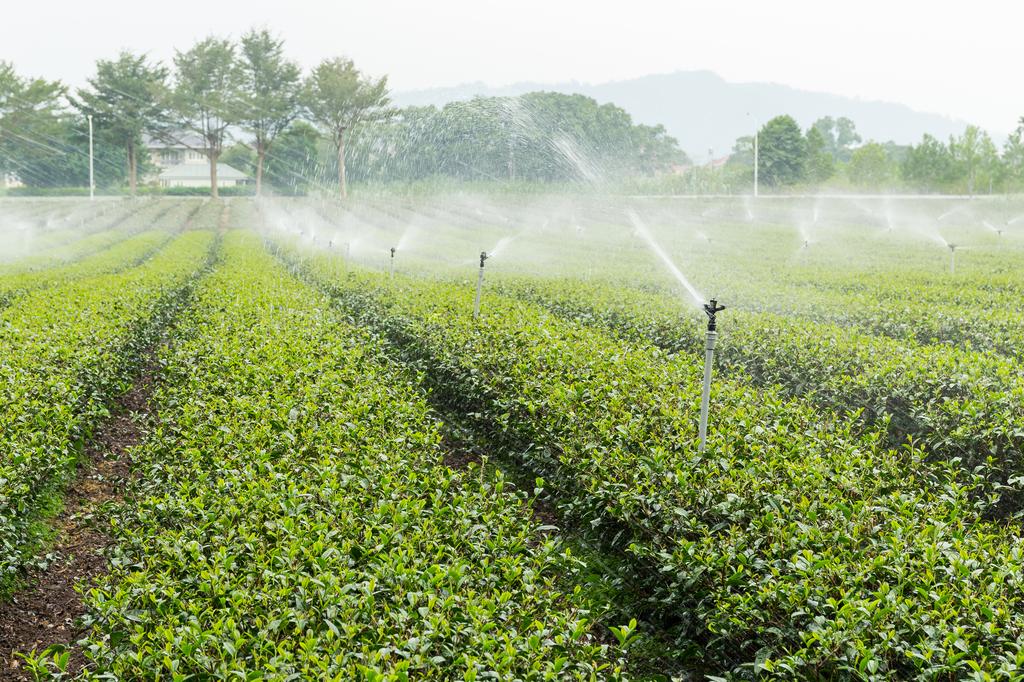In an age where environmental sustainability and resource efficiency are paramount, water management has emerged as one of the most pressing concerns across residential, commercial, and agricultural sectors. As populations grow, climate conditions become increasingly unpredictable, and the demand for green spaces continues to rise, the need for effective irrigation systems has never been more critical.
Modern irrigation systems are not just tools for watering lawns or crops—they are essential components in managing ecosystems, preserving resources, and supporting food security. Whether it’s a homeowner maintaining a beautiful landscape or a farmer cultivating high-yield crops, water usage must be optimized. This is where thoughtful design, smart technology, and expert guidance converge to shape a more sustainable future.
Understanding the Importance of Irrigation Systems
Irrigation is the controlled application of water to land for agricultural or landscape purposes. While it may sound simple in concept, irrigation today is a complex science that involves understanding plant needs, soil conditions, weather patterns, and water availability.
Irrigation systems, when properly designed and managed, offer a multitude of benefits:
- Water Conservation: Efficient systems minimize runoff and evaporation, ensuring water is used only where it’s needed.
- Healthy Vegetation: Plants receive consistent and adequate hydration, improving growth and resilience.
- Cost Savings: Automated systems reduce waste and lower utility bills.
- Labor Efficiency: Less manual watering means more time saved for property owners or farm workers.
However, the effectiveness of any irrigation system hinges on its design, installation, and maintenance—factors best handled by professionals with specialized knowledge.
The Evolution of Irrigation Technology
Gone are the days when irrigation meant turning on a hose or manually moving sprinklers. The evolution of irrigation technology has introduced a wide array of smart, automated systems designed to maximize efficiency and reduce human error.
Some key advancements include:
- Smart Controllers: These devices adjust watering schedules based on real-time weather data, soil moisture levels, and plant type.
- Drip Irrigation: A highly efficient method that delivers water directly to the root zone, minimizing evaporation and runoff.
- Rain Sensors and Moisture Sensors: These sensors prevent watering when it’s unnecessary, cutting down on waste.
- Zoned Systems: Custom setups that divide properties into zones, allowing for tailored watering schedules based on the specific needs of each area.
These innovations are making irrigation more precise, intelligent, and environmentally responsible. As a result, users are seeing healthier plants, lower water bills, and reduced strain on municipal water supplies.
Designing a Customized Irrigation System
A well-functioning irrigation system is not a one-size-fits-all solution. Every landscape or agricultural site has unique needs based on size, soil type, plant variety, sun exposure, and drainage. As such, proper system design is the first—and most crucial—step toward water efficiency.
A comprehensive irrigation design includes:
- Water Source Assessment: Understanding the available water pressure and flow rate.
- Soil and Topography Evaluation: Analyzing how water moves and is retained in the soil.
- Plant Type Consideration: Matching water delivery methods to specific plant needs.
- Zoning: Dividing the area into irrigation zones based on exposure and usage patterns.
- Controller Programming: Scheduling watering times to avoid heat and reduce evaporation.
A qualified irrigation company can assess all of these elements and create a solution tailored to your environment. Whether for a home garden, corporate campus, or agricultural field, the design process ensures water is distributed effectively and sustainably.
The Benefits of Automation and Smart Integration
Automation is one of the most significant advances in irrigation. With smart controllers, timers, and remote access via mobile apps, property owners can manage their watering systems with unprecedented control and flexibility.
Here are some key advantages of automated irrigation:
- Precision: Timed watering ensures that each zone receives just the right amount of water.
- Adaptability: Systems can be paused during rain, adjusted for seasonal changes, and fine-tuned as landscaping evolves.
- Remote Monitoring: Smart systems allow users to monitor and adjust irrigation schedules from anywhere using a smartphone or tablet.
- Reduced Waste: By integrating with local weather data, systems avoid watering during rain or high winds, preventing unnecessary water use.
Automation is particularly valuable in large properties or farms, where manually managing watering schedules would be time-consuming and inconsistent. A reputable irrigation company can help integrate these technologies seamlessly into new or existing systems.
Maintenance and Long-Term Performance
Even the most advanced irrigation system requires routine maintenance to operate at peak efficiency. Without regular inspection and upkeep, small issues can lead to major inefficiencies—leaks, clogs, and misaligned sprinkler heads can all result in wasted water and unhealthy plants.
Key maintenance tasks include:
- Checking for Leaks or Breaks in pipes and connections.
- Cleaning or Replacing Filters and Nozzles to ensure proper flow.
- Adjusting Sprinkler Heads to avoid watering sidewalks or driveways.
- Monitoring Water Pressure to prevent damage to system components.
- Seasonal System Checks to prepare for winter or drought conditions.
An experienced irrigation company will often provide seasonal maintenance packages to ensure your system stays efficient, responsive, and eco-friendly year-round.
Sustainability and Environmental Responsibility
Sustainable irrigation is no longer just a preference—it’s a responsibility. With freshwater becoming an increasingly scarce resource in many parts of the world, efficient irrigation systems help reduce environmental impact while maintaining healthy green spaces and productive crops.
Some ways modern irrigation supports sustainability:
- Reduced Water Consumption: Smart systems use up to 50% less water than traditional methods.
- Soil Preservation: Proper hydration prevents erosion and nutrient runoff.
- Energy Efficiency: Automated systems reduce the energy used to pump and distribute water.
- Improved Biodiversity: Healthy landscapes support pollinators, birds, and other wildlife.
Consumers and businesses alike are seeking eco-friendly solutions, and working with an expert team ensures that your irrigation practices align with broader environmental goals.
Choosing the Right Irrigation Partner
Investing in an irrigation system is a long-term decision that impacts your landscape, property value, and operating costs. Choosing a knowledgeable, reliable partner is crucial for achieving optimal results.
A professional irrigation company brings a wealth of benefits:
- Expert System Design tailored to your property’s needs
- High-Quality Components for durability and performance
- Efficient Installation with minimal disruption to your landscape
- Ongoing Support for maintenance, upgrades, and troubleshooting
- Regulatory Compliance with local water usage and conservation laws
When evaluating potential providers, look for companies with strong client reviews, industry certifications, and a portfolio of past work that demonstrates expertise in both residential and commercial projects.
The Future of Irrigation
Looking ahead, the future of irrigation is rooted in further innovation. Emerging technologies such as AI-powered systems, advanced sensors, and satellite monitoring are poised to make irrigation smarter, more adaptive, and even more sustainable.
Key trends include:
- AI and Machine Learning: Predictive systems that adjust based on plant stress levels and future weather forecasts.
- Cloud Integration: Systems connected to the cloud for real-time updates, diagnostics, and adjustments.
- Water Recycling: Increased use of greywater and rainwater harvesting integrated into irrigation systems.
- Renewable Energy Integration: Solar-powered pumps and controls for off-grid or remote locations.
As these trends take hold, irrigation will continue to be a key factor in managing our most precious natural resource—water.
Conclusion
Irrigation is more than just watering—it’s about creating harmony between the environment, technology, and human needs. Whether for residential landscaping, commercial properties, or agricultural land, the right irrigation system improves plant health, reduces water waste, and supports long-term sustainability.
With smart systems, custom design, and expert support, today’s irrigation solutions are more intelligent and accessible than ever. Investing in a professionally designed and maintained irrigation system is not just a smart financial decision—it’s a responsible choice for the planet.
For those seeking reliability, innovation, and sustainable results, working with an established irrigation company ensures that every drop of water counts.

































